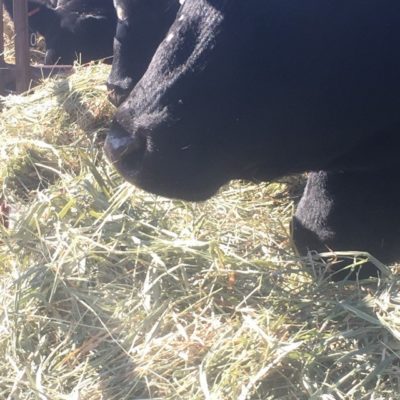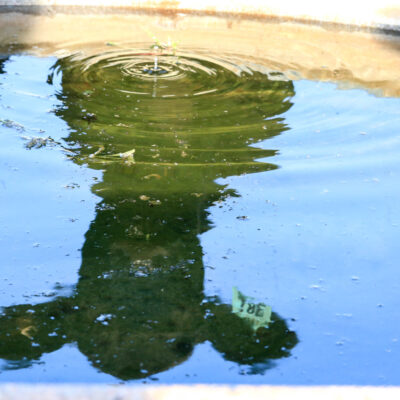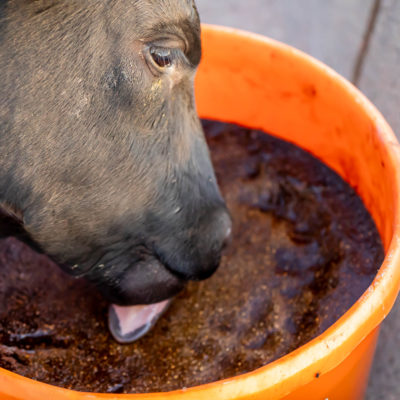Why Packgoats?
Packgoats are used to carry items on long hikes or treks through backcountry. They are a backpacking companion. There are several considerations when choosing a packgoat and keeping them healthy. First, since these animals are meant to carry gear through mountainous terrain, they must have a good conformation and be strong. These packgoats are animal athletes. Due to the need for strength, most packgoats are males. Female goats are smaller and cannot bear the same load as males. Intact bucks often have a strong unpleasant odor in addition to undesirable behavioral issues. Therefore, packgoats are typically neutered goats or wethers. It is believed that wethers that are castrated at a young age may develop a smaller ureter diameter which increases the chance of blockage caused by urinary calculi.
What are Urinary Calculi?
This condition occurs when mineral deposits are formed in the urinary tract. These mineral deposits, or calculi, can block the urethra. Early warning signs of these formations include straining when urinating, slow urination, hoof stomping during attempts to urinate, and kicking at their penis. In extreme cases, the mineral deposit may completely block the urethra. If left untreated will most likely result in a condition known as “water belly”. This is when the bladder bursts and typically death is the result. Some dietary risk factors for urinary calculi are any diet with mineral imbalances, especially pertaining to calcium, phosphorous, or magnesium, lack of water, or hard water.
So, upon water and forage testing, our laboratory helped Chuck Powell interpret his results to understand that his forage, was not an issue; however, he did need to change mineral supplement. His water source was very hard, meaning very high in calcium which was likely a contributing factor for the development of urinary calculi in his goats. He has since installed a water softener and has not had any additional urinary calculi issues with his goats. When asked to rate our lab on a scale of 1-10, Chuck Powell stated,
“If it wasn’t for her and the laboratory [Ward Laboratories, Inc.] there. We wouldn’t have any numbers or information as to what was causing the problems here. My feed is actually pretty good, we had to look at the salt, which [supplement] would be best. Ten I don’t think describes the level of effort that Becca reached out to help me.”




